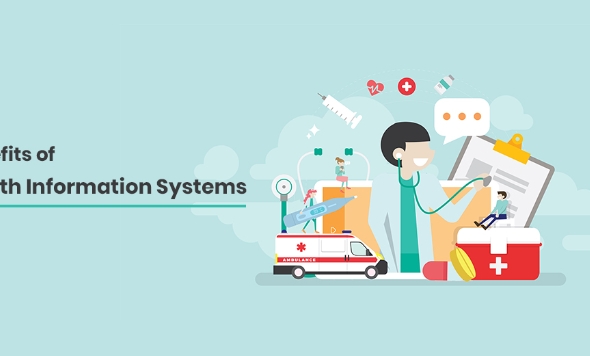In today’s rapidly evolving healthcare landscape, information systems are playing a crucial role in revolutionizing patient care. From electronic health records to telemedicine platforms, technology is transforming the way healthcare is delivered and managed. This article explores the future of healthcare and how information systems are shaping the industry.
Electronic Health Records: Improving Efficiency and Coordination
One of the most significant advancements in healthcare technology is the adoption of electronic health records (EHRs). EHRs allow healthcare providers to access and share patient information in real-time, leading to improved coordination of care and more efficient workflows. These digital records also reduce the risk of errors and duplication of tests, ultimately enhancing patient safety and outcomes.
Telemedicine: Increasing Access to Care
Telemedicine has emerged as a game-changer in healthcare, especially in the wake of the COVID-19 pandemic. By leveraging technology to provide remote consultations and monitoring, telemedicine is expanding access to care for patients in rural or underserved areas. This virtual care model not only saves time and costs for patients but also helps healthcare providers reach a broader patient population.
Artificial Intelligence: Enhancing Diagnostic and Treatment Capabilities
Artificial intelligence (AI) is transforming the way healthcare is delivered by analyzing vast amounts of data to assist in diagnosis, treatment planning, and personalized medicine. AI-powered algorithms can detect patterns and trends in patient data, leading to more accurate diagnoses and treatment recommendations. This technology has the potential to revolutionize healthcare by improving outcomes and reducing healthcare costs.
Wearable Technology: Empowering Patients to Take Control of Their Health
Wearable technology, such as fitness trackers and smartwatches, is empowering patients to monitor their health in real-time and make informed decisions about their well-being. These devices can track vital signs, physical activity, and sleep patterns, providing valuable insights for both patients and healthcare providers. By promoting proactive health management, wearable technology is shifting the focus from reactive to preventive care.
The Rise of Health Information Exchanges: Promoting Interoperability
Health information exchanges (HIEs) are platforms that enable the sharing of patient information among healthcare providers, improving communication and collaboration across the care continuum. By promoting interoperability and data exchange, HIEs facilitate seamless transitions of care and reduce the likelihood of medical errors. These systems are essential for delivering patient-centered, coordinated care in today’s complex healthcare environment.
In conclusion, information systems are revolutionizing patient care by driving efficiency, increasing access, enhancing diagnostic capabilities, empowering patients, and promoting interoperability. As technology continues to advance, the future of healthcare holds endless possibilities for improving the quality, accessibility, and sustainability of healthcare services. The integration of information systems into healthcare delivery will undoubtedly shape the industry’s evolution and pave the way for a more connected and patient-centered approach to care.

